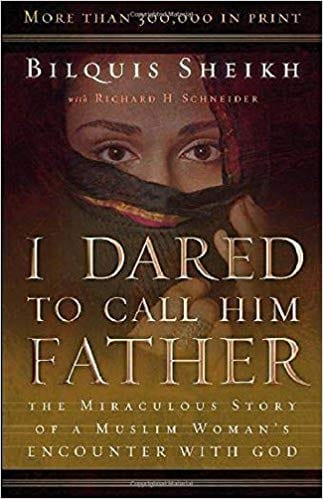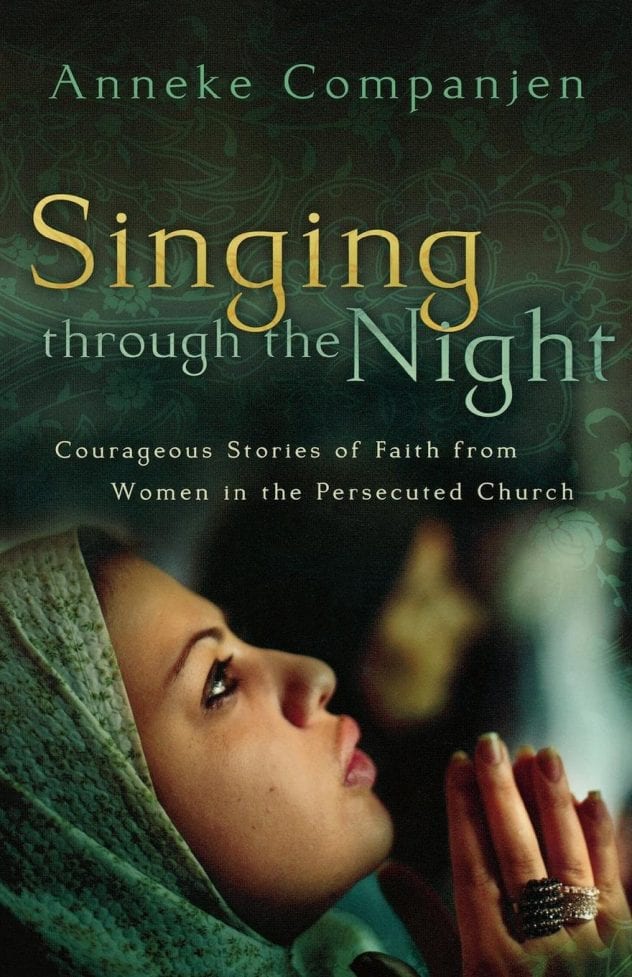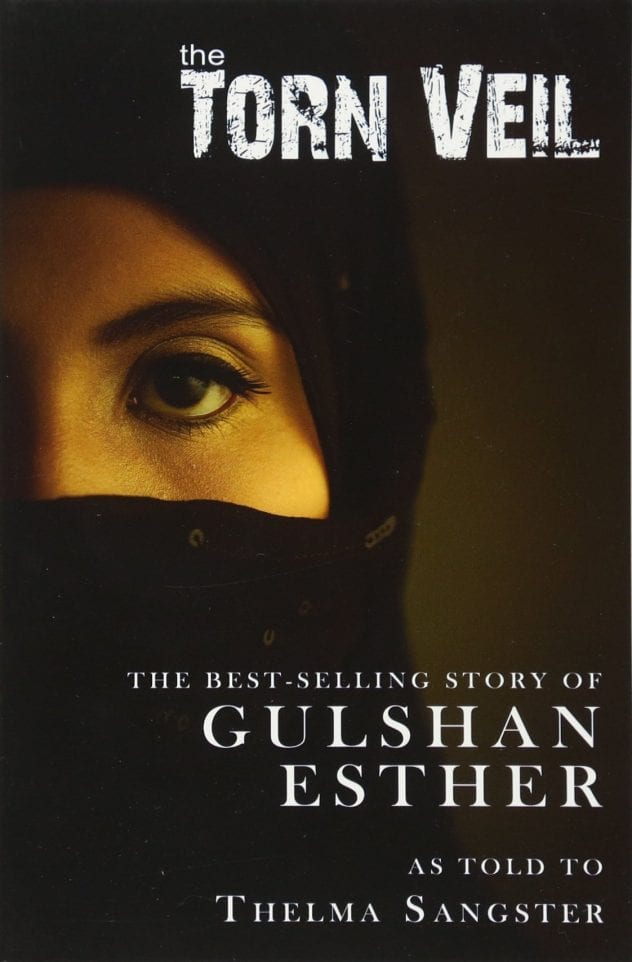*In order of what was read first
*Images are taken from the link attached to the title of each book
1. The Stone Angel (336 pgs.)
By: Margaret Laurence

![]()
2. A Thousand Splendid Suns (416 pgs.)
By: Khaled Hosseini

![]()
3. I Dared to Call Him Father (190 pgs.)
By: Bilquis Sheikh

![]()
4. Singing Through the Night (294 pgs.)
By: Anneke Companjen

![]()
5. The Torn Veil (200 pgs.)
By: Esther Gulshan

![]()
6. The Wars (200 pgs.)
By: Timothy Findley


7. Hamlet (328 pgs.)
By: William Shakespeare

![]()
8. Dreamland (250 pgs.)
By: Sarah Dessen

![]()
Total pages read: 2214 pages (37 pgs. /day)
Summer readings began with The Stone Angel and quite honestly I had a difficult time enjoying the book. Yet you look at my ratings and see five stars. Funny enough, it wasn’t until I began my data booklet did I realize the powerful message that Margaret Laurence and communicated through the life journey of the protagonist – Hagar Shipley. Pride was the downfall of Hagar’s life as it controlled her emotions and decisions, forcing her to live a life which she began to regret. She loved her husband but pride never let her express it, she loved her younger son but pride concealed these emotions. Now as she ages and her body fails, she is threatened with the reality of being put into a Old Age Home which she sees as death. it is during these last moments that Hagar final opens up and speaks her heart’s truth. Although the story was powerful, I was having a hard time connecting with a 90 year-old lady. But as I was going through the book, I began to identify many of the behaviours and traits that I see in my own grandparents. Don’t get me wrong, they are amazing grandparents; however, at times they may act irrationally. Hagar’s pain reminded me that my own grandparents have lived a long life, the painful memories buried deep in them.
I was so happy when I saw that A Thousand Splendid Suns was one of the required reading books as it is my all time favourite! I’ve read it once before and the second time through was even better. In my opinion, it is one of Hosseini’s master pieces and well deserves the five stars I gave it. This is one of those rare books that has you crying from the very beginning and denies you to put it down until your finished! Hosseini takes us through the incredible life story of two Afghan women whose life unexpectedly intertwine and merge into a heartbreaking story of love, family, and friendship. Hosseini was able to capture the raw reality of what life was like in the war torn country and how the power of love surpasses all obstacles to withstand in a time were everything was destroyed to ashes. The following are some of my favourite quotes from the novel:
“Behind every trial and sorrow that He makes us shoulder, God has a reason.”
“You see, some things I can teach you. Some you learn from books. But there are things that, well, you have to see and feel.”
When my uncle found out about my sudden habit of continuous reading, he order a stack of books and had them delivered to my doorsteps. Of the many books he ordered, I Dared to Call Him Father, was one of them. This novel is a bibliography of a Muslim lady who had an amazing encounter with Jesus and dedicated her life for His work. Six years ago Bilquis Sheikh was the lithesome, glamorous-looking women who was married to Pakistan’s Prime Minister of Interior; however, a year latter her husband left her. Humiliated by the rejection, Bilquis Sheikh fled to the safe haven of her parents mansion that was an ancestral property located near the foothills of the Himalayan Mountains. Bilquis Sheikh had never been religious, always preferring tea over the Quran. However, after encountering an unsettling presence in her garden, Sheikh begins to seek after spiritual guidance. Unexpectedly she comes across the Christian Jesus who becomes her refuge and close companion. As Sheikh begins to accept Jesus into her life, her close Muslim community begins to turn their backs on her and she is abandoned. Even in the midst of trials and tribulations, Sheikh dared to call Him her Father and God rose her to unbelievable heights.
When my uncle found out about my sudden habit of continuous reading, he order a stack of books and had them delivered to my doorsteps. Of the many books he ordered, I Dared to Call Him Father, was one of them. This novel is a bibliography of a Muslim lady who had an amazing encounter with Jesus and dedicated her life for His work. Six years ago Bilquis Sheikh was the lithesome, glamorous-looking women who was married to Pakistan’s Prime Minister of Interior; however, a year latter her husband left her. Humiliated by the rejection, Bilquis Sheikh fled to the safe haven of her parents mansion that was an ancestral property located near the foothills of the Himalayan Mountains. Bilquis Sheikh had never been religious, always preferring tea over the Quran. However, after encountering an unsettling presence in her garden, Sheikh begins to seek after spiritual guidance. Unexpectedly she comes across the Christian Jesus who becomes her refuge and close companion. As Sheikh begins to accept Jesus into her life, her close Muslim community begins to turn their backs on her and she is abandoned. Even in the midst of trials and tribulations, Sheikh dared to call Him her Father and God rose her to unbelievable heights.
This novel was another one of my uncle’s sudden orders and was impossible to finish without a box of tissues. As denoted in the book cover, Anneke Companjen interviewed women from all around the world who have been persecuted for the sake of their religion.There are over ten nonfictional stories of women who have been raped, physically and emotionally crushed, and abandoned because of their Christian believes. As I was reading these stories I became incredible grateful for the loving family I have and the freedom I have been entitled. These stories were awfully painful in truth, yet beautiful in spirit because of the undying faith that guides each of these women. The following is an excerpt of a dialogue between a daughter and her mother:
“Did your hear me? I told you to kill yourself! Are you listening?“
By now, her mother was screaming hysterically.
Finally Helena summoned the courage to speak. “But, Mother, how can I do that,“ she answered, nearly choked by her raw emotions. “I can‘t take my own life. that‘s not what Jesus teaches us in His Word.“
“I don‘t care what this Jesus of yours says!“ her mother screamed.
“Can‘t you just this once think about the good of your family instead of worrying about your own soul?“
Young Gulshan Esther was born into a respected Muslim family in Pakistan. She lived a little girl’s dream, always surrounded by those who loved her and blessed with riches and wealth. However, material happiness was never sufficient for her as she was a cripple from birth. In seek of deliverance, Gulshan’s father took her to the holy city of Mecca and proceeded to perform the rituals which they hoped would heal Gulshan. With a broken heart, they returned back to Pakistan – Gulshan still remained in a wheelchair. Devastating news fell upon the family as Gulshan’s father suddenly passed away, leaving her in the care of her aunt. Gulshan became frustrating at Allah for taking away her one and only happiness and leaving her in such fragile circumstances. One night as Gulshan lay on her bed, a sudden spark of glow and her encounter with Jesus miraculously healed her wasting body. Although she was overcome with joy, her Muslim community refused to believe in the Jesus she began to follow. Cast away from her family, Gulshan continues to practise her newfound faith even amongst the hardest of trial and tribulations.
The stars are there to tell you that The Wars was my least favourite book of the summer. No offense to all those who love this book, but I was finding it difficult to stay focused and engaged. Many times I ended up reading the same page over and over just so I can capture all the details. However, I do admit, there where certain parts that were exceptionally outstanding. Although I mentioned that I didn’t quite enjoy the context, the underlying message is unexplainably powerful and breathtaking. Findley did an amazing job of using many literacy techniques that worked in unison to craft the themes and messages of this novel. The title itself proclaims the conflicts of book as it not only denotes the obvious war of WW1, but also the internal and external wars that were occurring in the life of the protagonist – Robert Ross. Robert Ross is certainly a character to be studied. The Wars of Ross’s life has left him in a world he no longer recognizes. Destruction of innocence is a prevalent theme in the novel as the main character undergoes experiences that exposed him to the cruelties and realties of the world he lived in.
